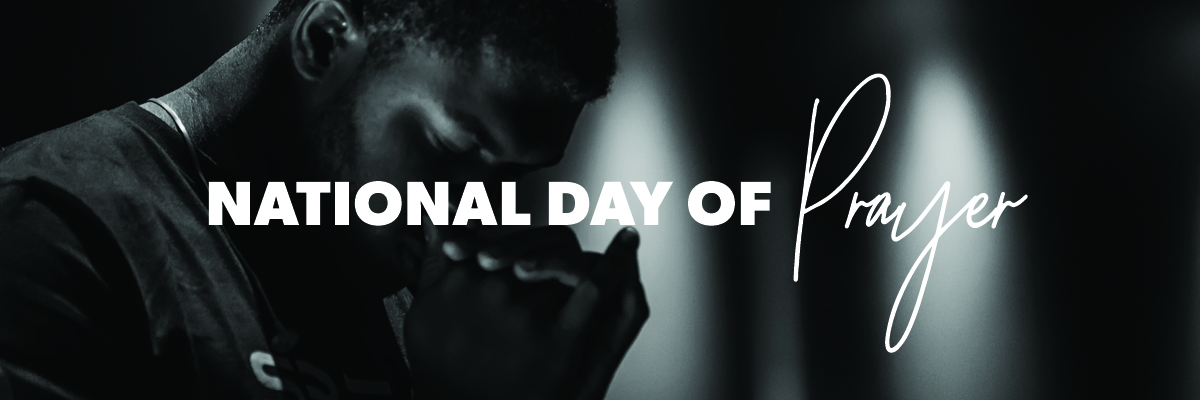All biblical Christians believe in the second coming of Jesus Christ. It is one of the most constant themes of the New Testament. Just as Old Testament believers looked forward to the coming of the Messiah (the first coming), New Testament believers look forward to the second coming of Jesus. “And while they were gazing into heaven as he went, behold, two men stood by them in white robes, and said, “Men of Galilee, why do you stand looking into heaven? This Jesus, who was taken up from you into heaven, will come in the same way as you saw him go into heaven” (Acts 1:10-11).
First, the Bible teaches that the second coming of Jesus Christ will be expected, in-body, but unpredictable. It is expected, in that Jesus (Matthew 25:31-46) and the apostles (2 Thessalonians 1:7-10) regularly spoke of the second coming of Jesus as the consummation of the Kingdom of God. The Kingdom has begun (been inaugurated) with the first coming of Jesus, but will be made complete when Jesus comes to judge the living and the dead. It will be a bodily coming, in that Jesus will physically be present as He was present in His first coming. However, the second coming of Jesus will be with power and glory (1 Thessalonians 4:13-18), resurrection, and judgement (Revelation 22:6-21). The Bible never speaks of a secret or unknown second coming of Jesus. Last, the second coming of Jesus will be unpredictable (1 Thessalonians 5:1-6). No one will be able to name the day or season of Christ’s return. All three of these marks are the same as the first coming of Christ, and therefore, should not be surprising.
We should especially pay attention to the last mark of unpredictability. Even those disciples who lived through the personal ministry of Jesus were not clear about what was happening until after the resurrection. So it will be with His second coming. Though many prophetic words exist, and should be studied, none will be able to predict His coming or perfectly interpret the signs of the times.
Second, the Bible teaches one return (second coming) of Jesus Christ (Matthew 24:29-31, 1 Corinthians 1:7-8, 1 Thessalonians 3:13, 4:15, 2 Thessalonians 2:8, 1 Timothy 6:13-15). None of the New Testament scriptures indicate that Jesus will return twice, but that Jesus will return bodily, with a great multitude of angels, resurrecting the believing dead, calling to himself those believing who are still alive, will then judge the wicked, destroy the earth by fire (2 Peter 3:1-13), and re-create a new earth to be ruled by the redeemed (Revelation 21).
The idea that Jesus will secretly return and “rapture” out believing Christians prior to a period of tribulation was first taught by John Darby in 1850. For almost two millennia of orthodox Christianity the idea of a two-part return of Jesus Christ was never taught. Darby was a theologian that left the Anglican Church for the Brethren movement, and further splintered from that movement when its key leaders did not agree with his theological system now known as dispensationalism. This system broke up the redeeming work of Christ into a very specific series of events, prominently featuring national Israel in the later part of history.
Third, the Bible does not teach that Christians will be absent from the world during the period of the tribulation. In Matthew 24:1-31 Jesus speaks extensively about how the world will decline into greater and greater ungodliness until it will enter a period of “tribulation” (v.21). This will be a terrible time of struggle in the world and judgment from the Lord upon the ungodly for their wickedness. However, Jesus says that those days will be cut short “for the sake of the elect” (v.22), and that immediately after the period of tribulation Jesus will return in power and glory and with a loud trumpet call (same description as 1 Thessalonians 4:15-17) to gather to Himself all His elect people (v.29-31).
This is consistent with Paul’s writings in 2 Thessalonians 1:5-2:17, where he encourages the saints to hold firm in their faith during a coming time of great tribulation. Again, the world will descend into a state of great satanic wickedness, unlike anything before experienced on earth, and Paul writes to encourage Christians to not lose faith during this foretold period – but to await the coming of the Lord (2:1-3).
One scripture regularly appealed to by those who teach a two-part return of the Jesus is 1 Thessalonians 5:9, “For God has not destined us for wrath, but to obtain salvation through our Lord Jesus Christ.” The argument is that God would not allow Christians to go through the difficult period of the tribulation, but will instead take them to heaven before that period. However, most dispensationalists then argue that a certain appointed number of Jews will come to salvation during that period, meaning that God will allow believers to undergo hardship, just not gentile believers. This entire thinking is inconsistent with the Bible and church history, where God has always allowed His people to go through hardship. However, in the midst of this hardship, God always provides special mercy to Christians (Psalm 37:19) that they might be preserved and provided for.
Much more could be said about each of these points, but the strongest argument for a single return of Christ and that Christians will be present on earth for the final period of tribulation is a plain reading of the biblical text. Only when a pre-conceived system of theology is laid over the biblical text do readers reach these conclusions. This system was seriously promoted in no small part by the multi-volume fiction series and movie, Left Behind. Sadly, Christians are often told that prophetic things are too shrouded in mystery to be known. In some cases this is true, but where clear teaching is given, it should not be intentionally obfuscated by systems of men. Let the scripture speak for itself.
There is much more to be explored in the Bible about each of these subjects. For further reading, I suggest any biblical theologian that wrote prior to 1850, or more recently “The Bible and the Future” by Anthony A. Hoekema.












